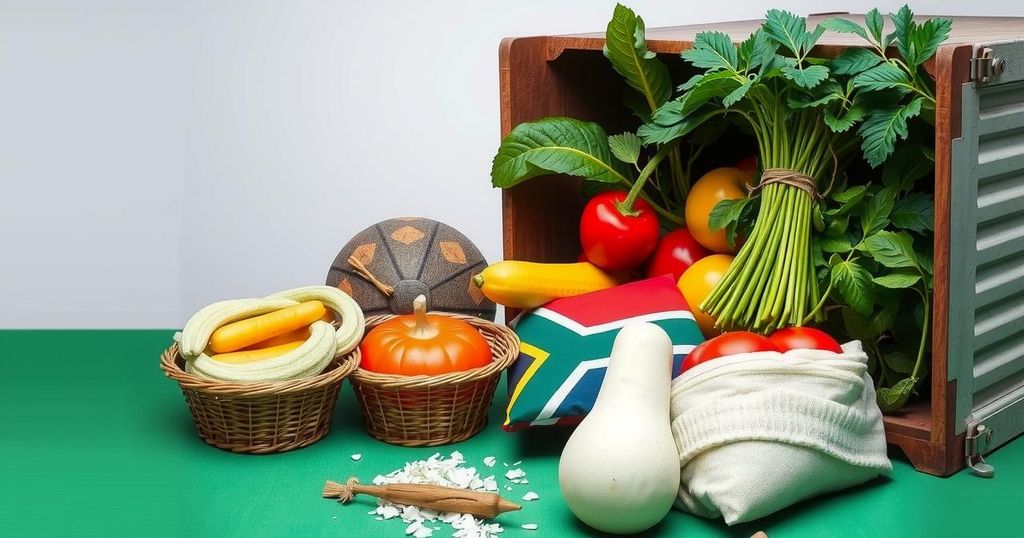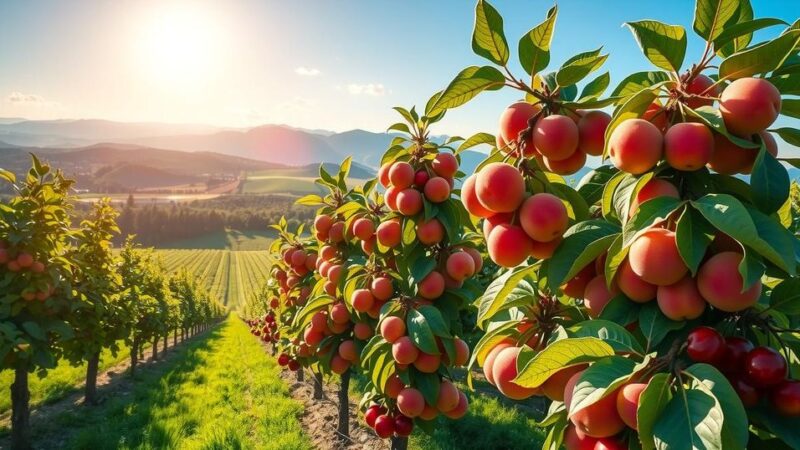Botswana’s new government has lifted a ban on vegetable imports from South Africa in two phases. The first phase is already operational, allowing certain vegetables, and the second phase will begin in April, permitting imports of vegetables like potatoes and onions. This decision aims to revitalize trade, support food security, and strengthen regional economic ties.
The recently elected government of Botswana has announced the lifting of the ban on vegetable imports from South Africa, a decision that implements the change in two phases. The initial phase is already underway, allowing the importation of various vegetables such as turmeric, pumpkin, and eggplant. The second phase, set to commence in April, will expand the list of importable vegetables to include staples like potatoes, onions, and tomatoes, as indicated by the National Agricultural Marketing Council. This policy reversal follows a previous ban imposed to safeguard local farmers and enhance self-sufficiency in food supply, but it also highlights the interdependence of regional economies.
In the early months of 2023, both Botswana and Namibia enacted bans on certain vegetable imports from South Africa, aiming to protect domestic agricultural interests and ensure local food security. However, the bans resulted in significant economic penalties, notably reduced export earnings for South African farmers and heightened food insecurity within Botswana. The new government’s decision to lift these restrictions aligns with broader regional trade initiatives, including the African Continental Free Trade Area, which encourages intra-African trade and cooperation for economic growth and stability.
The lifting of the import ban on South African vegetables by Botswana’s new government represents a strategic shift towards enhancing regional trade and economic collaboration. As the second phase of the importation resumes in April, this policy change is anticipated to bolster food security, revive South African exports, and stabilize vegetable prices in the local market. Therefore, this move is pivotal not only for localized agriculture but also for fostering stronger ties within the Southern African Customs Union and advancing the goals of the African Union’s economic plans.
Original Source: www.sowetanlive.co.za







